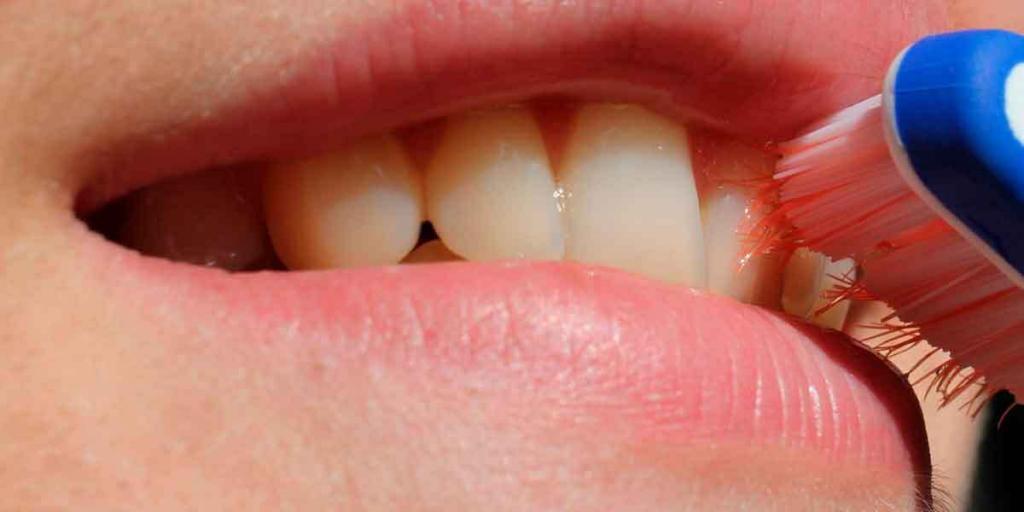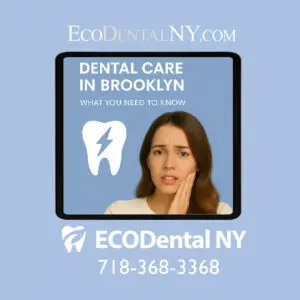According to surveys, more than 90 percent of adults have bleeding gums. Of these, more than half need to see a dentist over the same.
You wake one day and go to brush your teeth as you normally do. However, when you look at the toothbrush after the process, you notice blood the bristles. For many people, this is usually traumatizing, and it might end up spoiling your day.
Studies show that 90 percent of adults have experienced this condition at least once in their lives. With this said, we need to look at the various causes of bleeding gums so that you know what happened and why it happened in that way.
Cleaning the Teeth Too Vigorously
To clean your teeth, you have to make some mechanical action to dislodge any food particles that have stuck in the teeth. The action is also to remove any plaque that might have built upon the teeth.
However, the way you clean your teeth and the implements you use for the procedure also matters. The mouth has sensitive tissues that might bleed when handled vigorously. However, if the bleeding continues for longer, then you need to visit the dentist fast.
Gum Disease
This is a bacterial condition that leads to inflammation of the gums. When the gums become inflamed, they tend to bleed easily. Without proper oral hygiene, the plaque will build up along the gum line and penetrate the gums, causing irritation. This irritation will make the gums bleed easily, even without any provocation.
Leaving the gum disease to advance can lead to the loss of your teeth.
Hormones
Gum tissue has hormone receptors. When hormones increase in the system, they lead to an increase in the gum tissue. The result is red, swollen and tender tissue that easily bleeds upon touch.
Cigarette Smoking
One of the major causes of tartar buildup is cigarette smoking. Tartar is three times more likely to build up in a smoker’s teeth than a non-smoker. Additionally, the effects of smoking on the gum tissue make the smoker more likely to develop bleeding gums faster.
Some Medications
Some antidepressants, contraceptives and anticoagulants might make you gum bleed. This is why it is ideal for you to consult your dentist before beginning to use some over the counter medications.
Auto-immune Conditions
Autoimmune disorders are conditions whereby the body’s immune system attacks its cells, leading to the destruction of the tissues. Some of the common immune conditions include rheumatoid arthritis and systemic lupus erythematosus.
Vitamin K Deficiency
Vitamin K is a nutrient that helps your blood clot faster. When you experience a deficiency in this nutrient, your blood takes longer than necessary in clotting, which leads to easily-bleeding gums.
Ageing
As you age, your gums become more vulnerable to bleeding due to the sores that develop. Any provocation and the teeth will begin to bleed.
What Should You Do When You Realize You Have Bleeding Gums?
The first thing to do when you have bleeding gums is to call your local dentist. Only the dentist will be able to diagnose what the problem is. Many people usually rinse their mouths and ignore this condition, only for it to grow worse with time.
The dentist will take dental history and perform a few tests to determine the cause of the bleeding. After this, he will recommend what to do, which might range from stopping smoking to taking vitamin supplements.
Additionally, one of the best ways to reduce the causes of bleeding is to keep your teeth clean at all times. This will help reduce tartar and plaque buildup. Finally, you need to use a toothbrush with soft bristles to reduce the irritation that comes with using a brush with hard bristles.
In conclusion
You can develop bleeding gums as result of ageing, hormonal imbalance, gum disease, cleaning your tooth vigorously, vitamin K deficiency and smoking cigarettes. You need to visit your dental clinic in case you experience any signs of bleeding gums for dental diagnosis and treatment of your gums. Delayed diagnosis and treatment may result to loss of your teeth.
For the best diagnosis and dental examination of your gums, you can visit us for enquiries or book an appointment with experienced and qualified dentists at a dental clinic around you.




